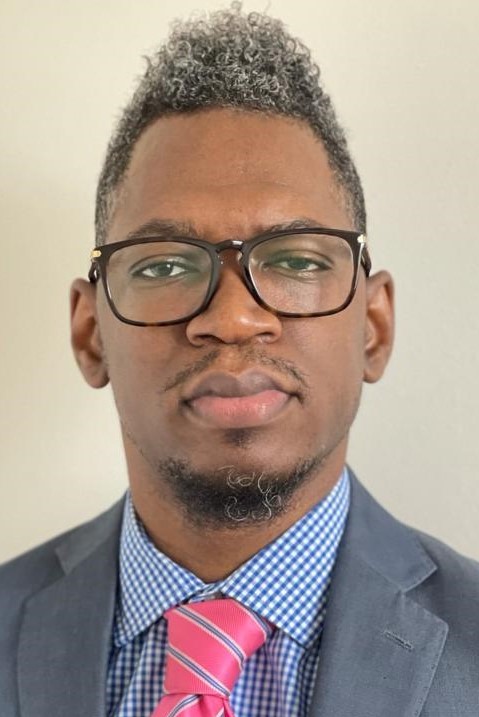
By Daniel Smith – Guest Contributor
In the lush, vibrant cityscape of Miami, a burgeoning tech scene once promised a revolution not just in technology but in its inclusivity and diversity. This promise, fueled by events like Black Tech Week and driven by influential leaders like Brian Brackeen and Felecia Hatcher, seemed on the brink of transforming the Magic City into a multicultural tech hub. Yet, as these leaders have moved on and the initial fervor has subsided, a pressing question emerges: Where have all the Black entrepreneurs in Miami gone?
Black Tech Week, once a beacon of inclusivity and innovation in Miami, celebrated and supported the Black entrepreneurial spirit, offering a platform for networking, mentorship, and exposure to venture capital. It drew attention to Miami as a fertile ground for diverse tech talent and was pivotal in highlighting the critical role of Black entrepreneurs in technology. The reduction in local presence of folks like Brackeen, who founded Kairos, and Hatcher, co-founder of Code Fever and Black Tech Week, marks a notable shift in the ecosystem. Their evolution highlights a broader trend of migration and transition, which seems to mirror the dispersing energy around Black entrepreneurship in Miami.
Recent developments have further underscored the growing concern for the future of Black entrepreneurship in the region. At the Miami Tech Summit 2024, there was a notable absence of Black entrepreneurs, reflecting a disconcerting trend that was also evident at Emerge Americas 2024. Comparatively, the representation of Black entrepreneurs at Emerge Americas has significantly decreased since 2022 and 2023, highlighting a diminishing presence that cannot be overlooked. Yet are we surprised? The list of the top 40 venture capital deals in Miami for 2021 consisted of just one Black-founded startup: Toast Distillers – which received less than $100,000 in an angel investment, according to Pitchbook. More recently the launch of The Source by Ted Lucas, Ariana Waller raising $3.3 million and Chandler Malone raising $2.1 million in 2022 are a few of the wins. These wins are too few and represent less than .1 % of all the Venture Capital dollars that have flowed into Miami in the last few years.
This reduction in visibility and involvement is compounded by the quieting of pivotal funding organizations such as Black Angels Miami and the relocation of leaders like Evan Leaphart, founder of Kredit Academy and co-founder of Black Men Talk Tech, and Jeanine Suah among others. Organizations like the Center for Black Innovation, which provides crucial support and advocacy for Black businesses, have seen a decrease in their activity and influence. A further point of contention at Emerge Americas was the very public focus on Latin America, while there was a marked lack of attention to the English-speaking Caribbean and its diaspora populations, which historically have been a significant part of the Miami tech scene. This oversight not only diminishes the contributions of this demographic but also overlooks the cultural and economic ties that could enhance Miami’s standing as a diverse technological hub.
The dwindling of such dynamic congregations of Black entrepreneurs and tech enthusiasts in Miami begs a larger discussion on the systemic challenges still faced by minority entrepreneurs in tech. Issues such as access to capital, mentorship, and equitable opportunities remain significant barriers. The venture capital ecosystem, crucial for startup survival and growth, still shows a stark disparity in funding for Black-founded startups.
Miami’s tech scene is at a crossroads. The city can either leverage its diverse demographic to regenerate and sustain its growth as a diverse tech hub or continue to see the dilution of its once-promising diversity in entrepreneurship. It is imperative for local government, venture capitalists, and community organizations to recommit to the cultivation of a diverse tech ecosystem. Initiatives could include more aggressive funding for minority-led startups, the establishment of more platforms for visibility, and a concerted effort to retain talent within the city’s borders.
The question remains not just of where the Black entrepreneurs have gone, but what will Miami do to ensure that we have a reason to stay, move here or return. The potential for a diverse and inclusive tech community in Miami is vast and can serve as a model for other tech hubs nationally and globally. The time to act is now, to reignite the energy around Black entrepreneurship and secure Miami’s place as a beacon of diversity and innovation in the tech world.
Daniel Smith, founder of Keepingly and a RISMedia Real Estate Newsmaker in 2023, is a leader in digital innovation focused on making homeownership more accessible and equitable. With over 20 years of experience across the Caribbean and U.S., he combines his expertise in entrepreneurship and technology to advocate for a more inclusive housing industry.
Refresh Miami welcomes local guest posts. Please send your post idea to Nancy Dahlberg at [email protected]. Read more guest viewpoints in Refresh Miami here.




